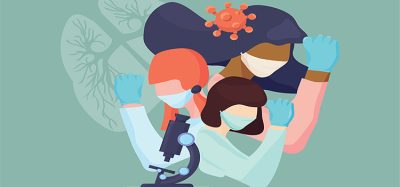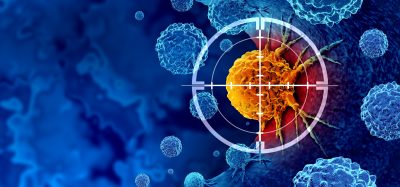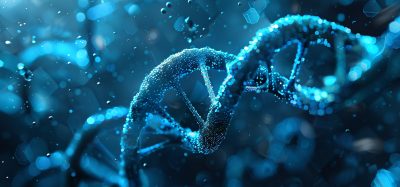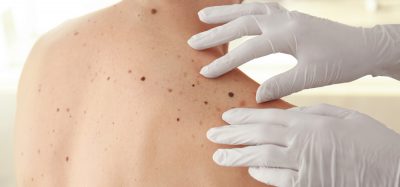Using mathematics to fight cancer
Posted: 13 April 2016 | Victoria White, Digital Content Producer | No comments yet
Mathematicians and physicians at the University of Bonn have developed a new model for cancer immunotherapy using mathematics…


Mathematicians and physicians at the University of Bonn have developed a new model for cancer immunotherapy.
The researchers say the method could help develop new treatment strategies as well as help to understand why some approaches do not work with certain tumours.
The research groups of Professor Dr Thomas Tüting and Professor Dr Michael Hölzel or the University of Bonn have demonstrated in their experiments on skin cancer that tumour cells can change their external appearance, if an inflammatory reaction occurs in the course of treatment. Consequently, T-cells no longer recognise them as harmful, and the cancer can continue to spread unimpeded.
A new model from mathematicians and physicians from the Excellence Cluster of the Hausdorff Center for Mathematics and ImmunoSensation of the University of Bonn now describes this effect mathematically, thus making it possible to analyse it. In the future, the model could be used, among other things, for computer simulation of various therapeutic approaches and thus for the development of optimal treatment strategies.
“The initial results show that treatment with several types of immune cells could in fact be a promising approach”, says the lead scientist of this work, Prof. Dr. Anton Bovier of the Hausdorff Center for Mathematics. The studies are based on a stochastic model from the area of adaptive dynamics, which was developed by the mathematicians for application, for example, in cancer research.
Treatment may even increase the probability of cancer cell mutation
In numerical simulations by the Bonn researchers, the long-term success of a therapy, even when the starting conditions were the same, depended on random fluctuations in the population sizes of cancer and immune cells. Whether this effect also occurs in reality and not just on the computer still needs to be investigated experimentally. The virtual research of the Excellence Cluster also showed that treatment, under certain circumstances, can even increase the probability of mutation in cancer cells. In some cases in the simulation, a therapy actually accelerated the development toward aggressive variants of cancer.
Prof. Hölzel of ImmunoSensation summarises the results of the interdisciplinary work as follows: “This project can both call the attention of mathematicians to possible applications of their work in a medical context and also sensitise physicians to the use of mathematical methods. In any case, we will continue to do joint research in the fight against cancer”. To make it possible to use the model in practice, more experimental data still needs to be developed.
Related topics
Immunotherapy, Oncology
Related organisations
University of Bonn








